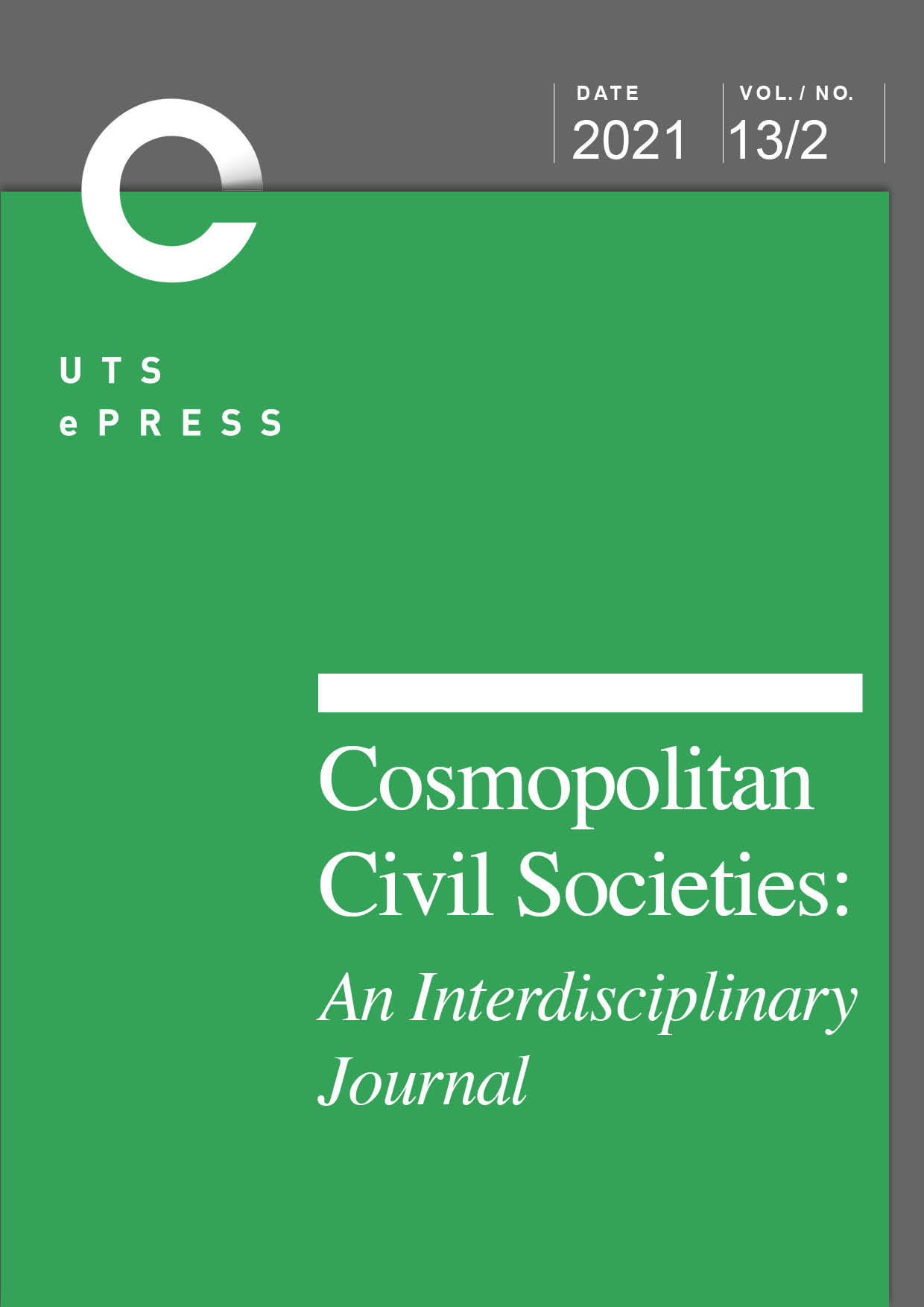Covid-19 Pandemic and its relation to the Unemployment situation in Malaysia: A Case Study from Sabah
Main Article Content
Abstract
Covid-19 not only exposed the vulnerability of most industries especially industries that relies on air travel and tourism but resulted in the exponential increase of unemployment in Malaysia. At the same time, online business or trade and ‘GIG’ economy increased exponentially. The sudden and unexpected loss of jobs had dire consequences for many people. This paper examines how policies enacted during the Covid-19 pandemic affected unemployment in Malaysia by focussing on the situation in Sabah, one of the three remaining partners in the formation of Malaysia. It draws on data from the Family, Women and Youth Survey conducted online towards the end of 2020, as well as secondary data. The study shows that hardship has been faced by many people, especially those previously in professional roles, and those who are younger. The widespread damage to the economy, and to social cohesion, will require significant collaboration between business and industry, the government and the people.
Article Details
Issue
Section
Authors who submit articles to this journal from 31st March 2014 for publication, agree to the following terms:
a) Authors retain copyright and grant the journal right of first publication with the work simultaneously licensed under a Creative Commons Attribution License that allows others to share and adapt the work with an acknowledgement of the work's authorship and initial publication in this journal.
b) Authors are able to enter into separate, additional contractual arrangements for the non-exclusive distribution of the journal's published version of the work (e.g., post it to an institutional repository or publish it in a book), with an acknowledgement of its initial publication in this journal.
c) Authors are permitted and encouraged to post their work online (e.g., in institutional repositories or on their website) prior to and during the submission process, as it can lead to productive exchanges, as well as earlier and greater citation of published work (See The Open Access Citation Advantage Service). Where authors include such a work in an institutional repository or on their website (ie. a copy of a work which has been published in a UTS ePRESS journal, or a pre-print or post-print version of that work), we request that they include a statement that acknowledges the UTS ePRESS publication including the name of the journal, the volume number and a web-link to the journal item.
d) Authors should be aware that the Creative Commons Attribution (CC-BY) License permits readers to share (copy and redistribute the work in any medium or format) and adapt (remix, transform, and build upon the work) for any purpose, even commercially, provided they also give appropriate credit to the work, provide a link to the license, and indicate if changes were made. They may do these things in any reasonable manner, but not in any way that suggests you or your publisher endorses their use.
For Volume 5 No 3 (2013) and before, the following copyright applied:
Authors submitting articles to UTSePress publications agree to assign a limited license to UTSePress if and when the manuscript is accepted for publication. This license allows UTSePress to publish a manuscript in a given issue. Articles published by UTSePress are protected by copyright which is retained by the authors who assert their moral rights. Authors control translation and reproduction rights to their works published by UTSePress. UTSePress publications are copyright and all rights are reserved worldwide. Downloads of specific portions of them are permitted for personal use only, not for commercial use or resale. Permissions to reprint or use any materials should be directed to UTSePress.
